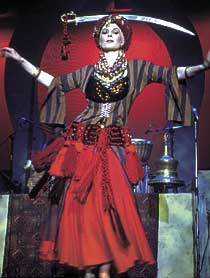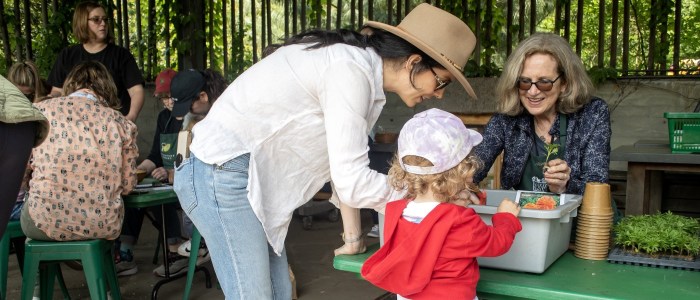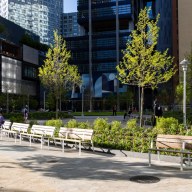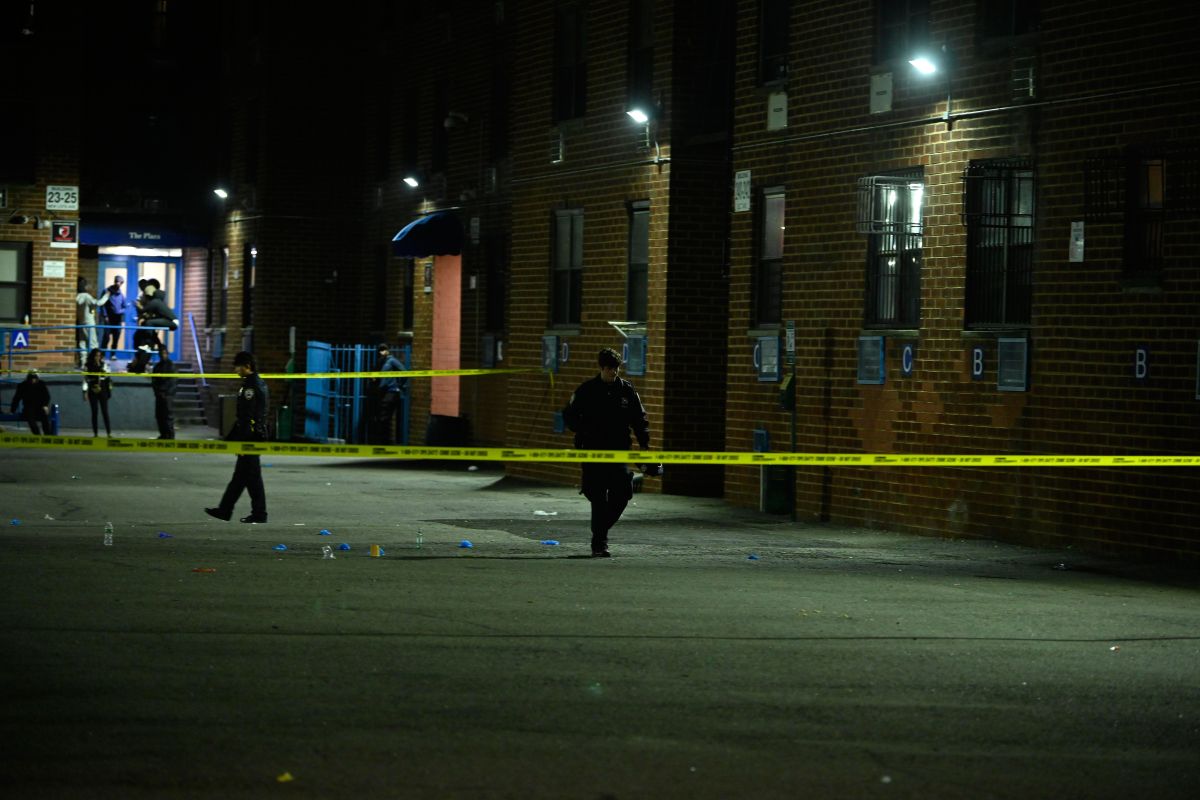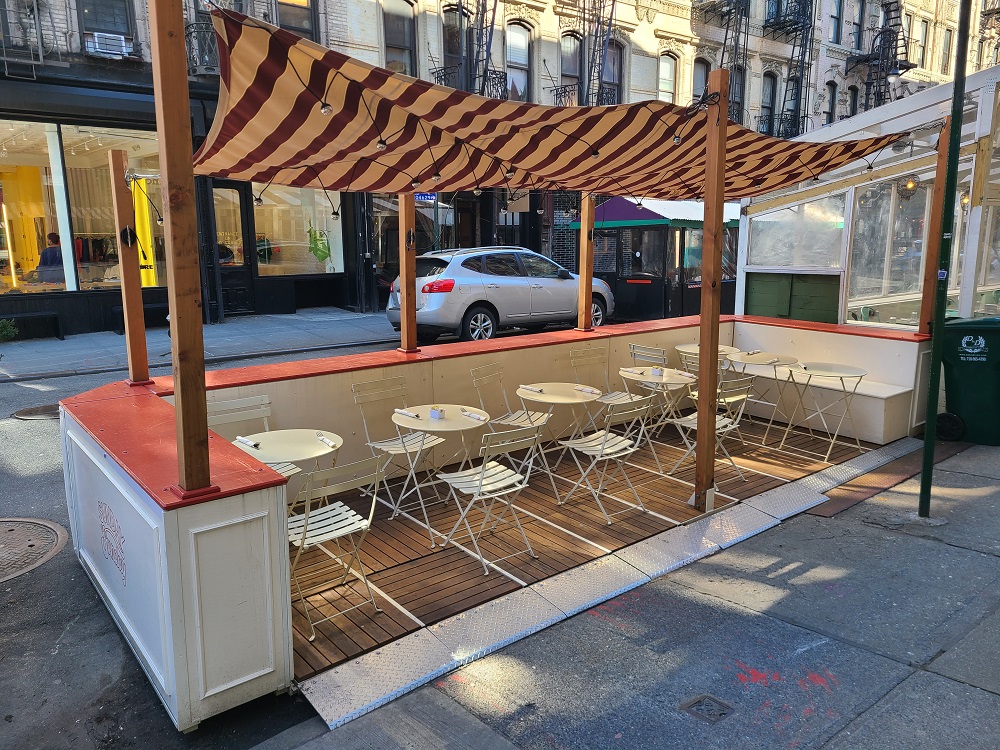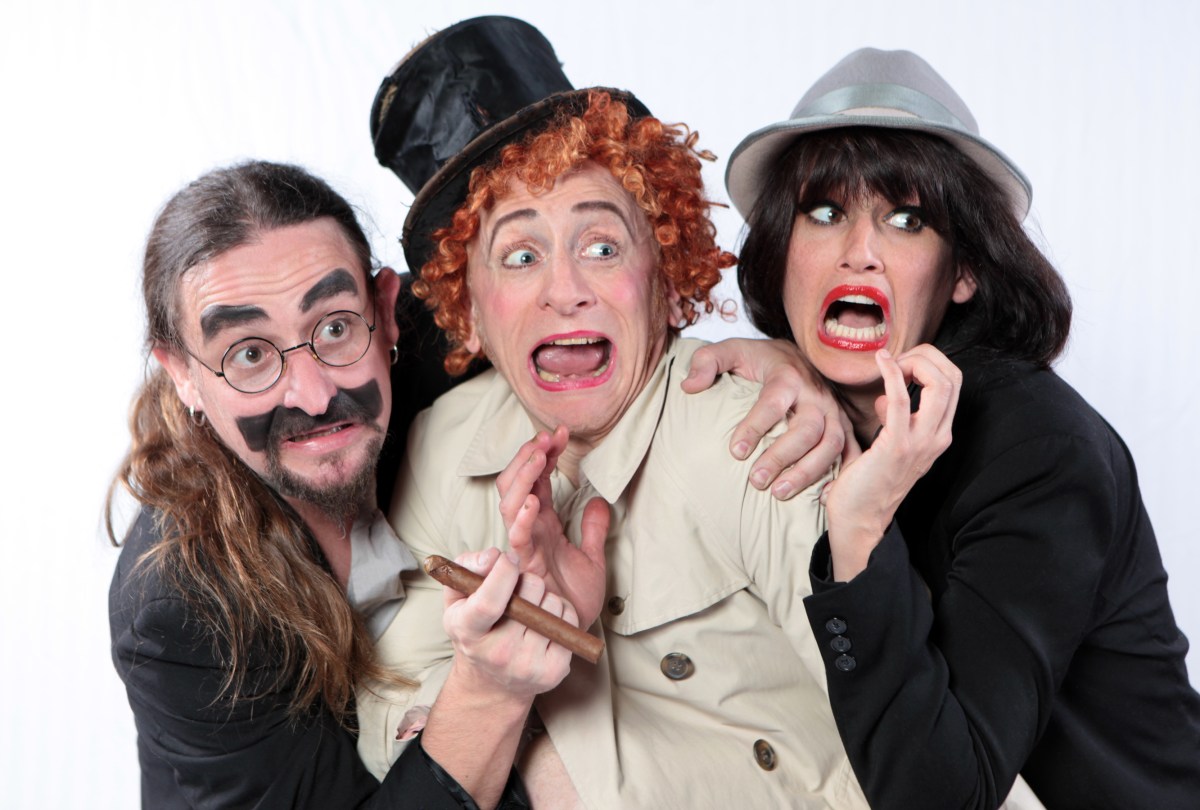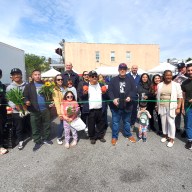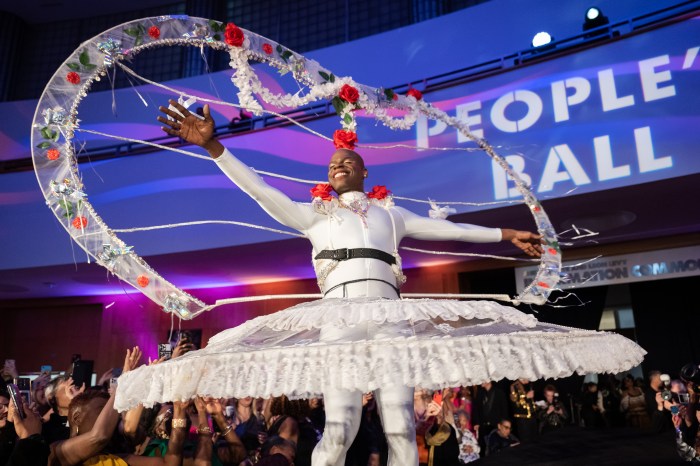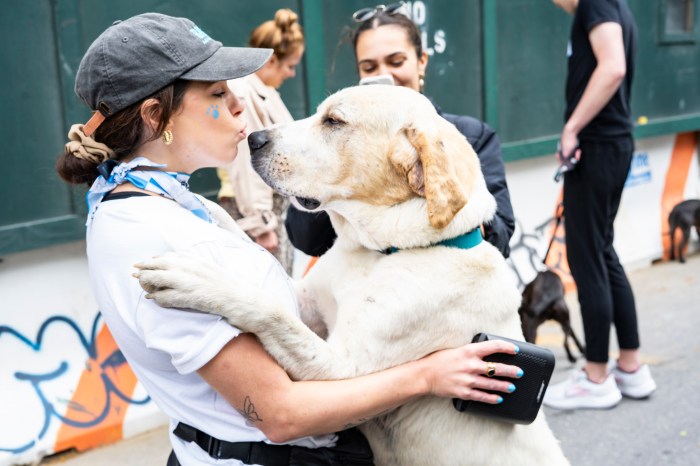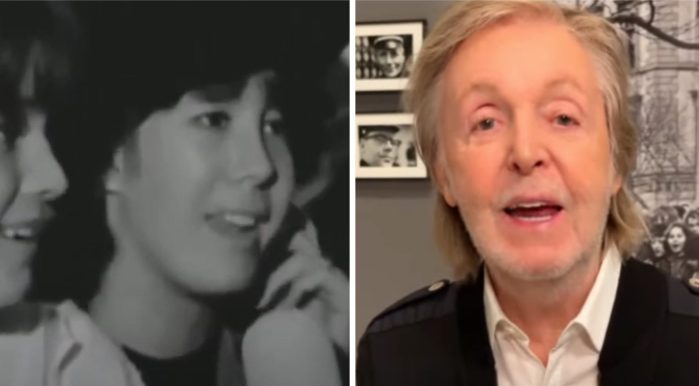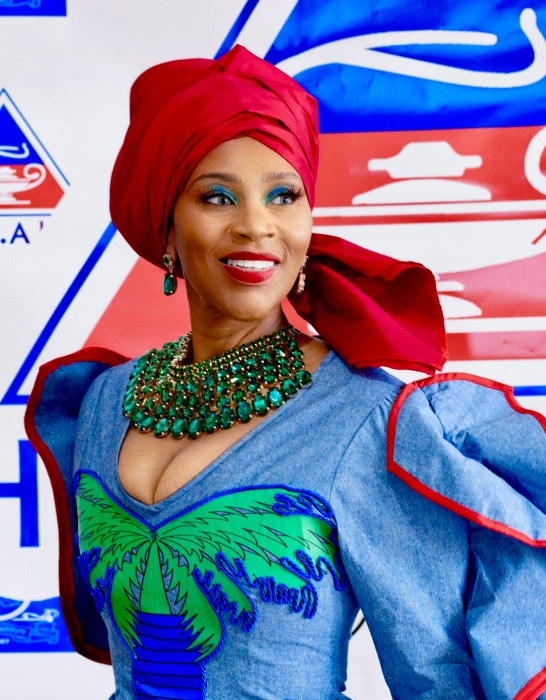Ted Monnich had to think twice before deciding
to come to Brooklyn this month.
The head of Turku, a band of American musicians whose repertoire
includes folk songs from Afghanistan, Monnich wondered if it
was in good taste to stage his show as scheduled in post-Sept.
11 New York.
The answer, after much soul searching, was ’yes,’ said Monnich.
"This music transcends politics," said Monnich. "But
to be honest, after Sept. 11, I had to look at the situation
and wonder, is it in good taste or prudent to perform in New
York? But things settled down a bit, and we took it upon ourselves
to show to the people that experienced hate from that region,
that there’s beauty there, too, that doesn’t require an understanding
of language."
The musical selections that Turku performs are folk songs from
cultures along the Silk Road, the ancient 4,000-mile trade route
that spanned from China to the Mediterranean, including Afghanistan.
Turku musicians play "authentic instruments" from those
cultures.
"Much of this music is very accessible to Western ears,"
said Monnich, who plays the saz (a Central Asian, long-necked
lute). "None of it is so exotic that people would hear it
and say, ’I don’t understand’ or ’I don’t like it.’ You tap your
toe to it. You cry to it. You will be moved by it. There’s something
universal about it."
While the music is still played in some regions today, it was
considered the popular music of the Silk Road 150 to 200 years
ago, says Monnich. "It’s the equivalent of Kurdish bluegrass,"
he said.
"This is what the village celebrated life with. It’s played
at a birth, a circumcision, a wedding, a funeral. They celebrated
life through music and dance in the villages. That’s what our
performance is all about," said Monnich in a phone interview
Monday from Columbia, S.C.
In the short time since Sept. 11, Monnich said the American public
seems to have become curious about – and possibly ready to embrace
– the music Turku performs.
"What surprised us was, a couple months after these terrible
events the public started becoming interested in Islam, and became
more interested in us and our performances," said Monnich.
"They wanted to learn more about these cultures, and they
said, ’We want to understand.’"
The program Turku will perform at Brooklyn Center for the Performing
Arts at Brooklyn College on Jan. 19 includes songs from many
cultures including the Kurds, the Rom (or gypsies) and even Sufi
dervish folk songs. Turku is joined by the Zafira Dance Company,
a troupe of world-fusion belly dancers.
"They’re not doing the sequin bikini belly dance you might
find in a Greek restaurant," assured Monnich. "We’re
doing dance from the Mediterranean to India and bringing in influences
from all of those cultures. [Zafira] performs a great amount
of traditional dance, but at the same time, they borrow from
different cultures to express in dance what they’re moved to
by the music."
Monnich said the band performs on a series of risers draped in
textiles, but the extent of the set has been hampered by stricter
airline security.
"It’s not as easy to fly now, so we’re shipping [parts of
the set] rather than taking them on the plane," said Monnich.
"We don’t have a big set; the focus is on the energy of
the band and the music and the interaction between musicians
and dancers and the audience. We don’t want an invisible curtain
between the two."
Turku has played everywhere from folk festivals in upstate New
York to Samarkand, Uzbekistan. Along the way, Monnich said, he’s
made the surprising discovery that his American band is part
of a dwindling number of musicians who continue to play this
music. The songs Turku performs are part of an oral tradition,
passed down from person to person, with many left undocumented.
"The thing about these cultures that have lagged behind
the West in development," explained Monnich, "is that
they look to us for all we have. So they embrace our popular
culture. They consider Euro-pop music to be better. They don’t
listen to village music. They say, ’I’m a modern Turk or Iranian,’
and they turn their back on their own culture. Some of them come
to see us perform, and they don’t understand why these Americans
are playing their old-fashioned music. But I say, this is good
stuff.
"The reason I got into this music, is because it moved me,"
said Monnich, explaining that "Turku" is the Turkish
word for "folk music." "I’m Slavic in heritage
and grew up in Pittsburgh. I grew up listening to that type of
music. There’s a real joy to it, but also a spice to Eastern
European music.
"I started following it to the Balkans and it was even stronger,"
said Monnich, who explained that he studies ethnomusicology as
a hobby. "I followed it further East to Turkey. The music
goes into Persia and Afghanistan and Kurdish music. And it is
the feeling of the music that drew me to it and influences the
selections that we choose to perform and study. Some of the music
has never been heard in North America before."
The artistic director of Turku is Farzad Roberts, former lead
violinist with the Persian Royal Youth Orchestra and featured
violinist-composer on Iranian State Radio. Roberts and Monnich
are joined by Monnich’s wife, Carla, on davul (a two-sided bass
drum struck with a switch on one side and a large beater on the
other), Denys Proteau on cumbus (Turkish banjo) and Daveed Korup
on percussion.
"The origins of the music are traced to the Silk Road,"
said Monnich. "It’s a metaphor for that trade route. So
much of the instruments of the ancient Turkic cultures came out
of Mongolia, out of Asia, and were swept along with the western
expansion of the Mongols. You can hear that nomadic influence
of the horse beats in one song in particular, ’Fidayda’ [a love
song from the central Anatolian Turkmen]."
On Jan. 19, the music of Turku will continue to expand it’s reach,
though not via men on horses, but through musicians traveling
by plane to share their exotic songs, and perhaps cultural understanding,
with Brooklyn.
Turku will perform "Nomads of the
Silk Road" on Jan. 19 at 8 pm at Brooklyn Center for the
Performing Arts at Brooklyn College’s Walt Whitman Theater (one
block from the junction of Flatbush and Nostrand avenues). Tickets
are $30. To order, call (718) 951-4500.
Turku’s CD "Nomads of the Silk Road" (Hittite Sun records,
$12-$15) is available at Amazon.com.


